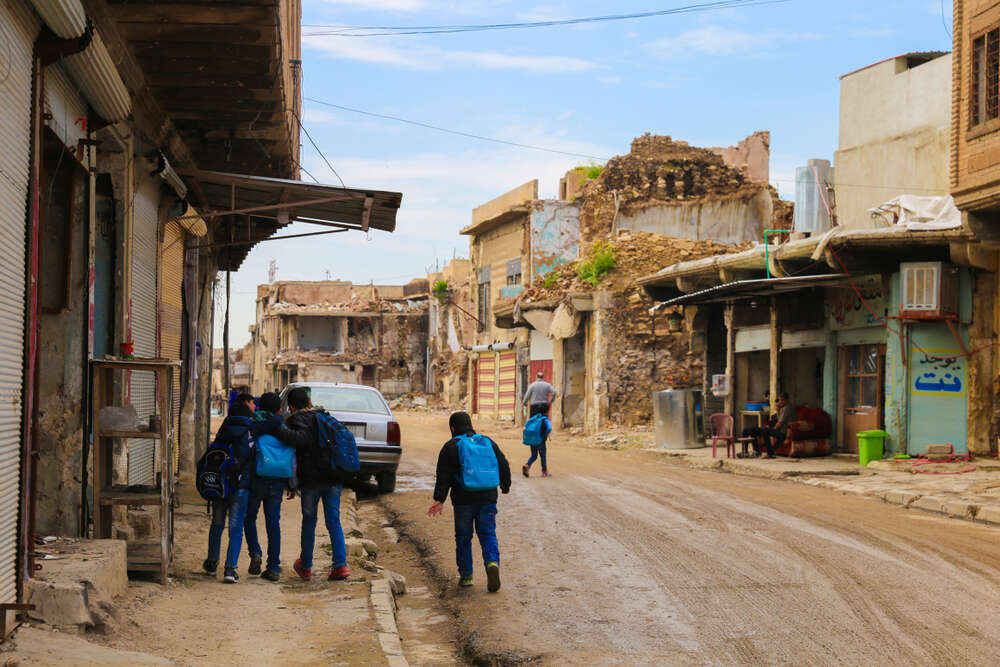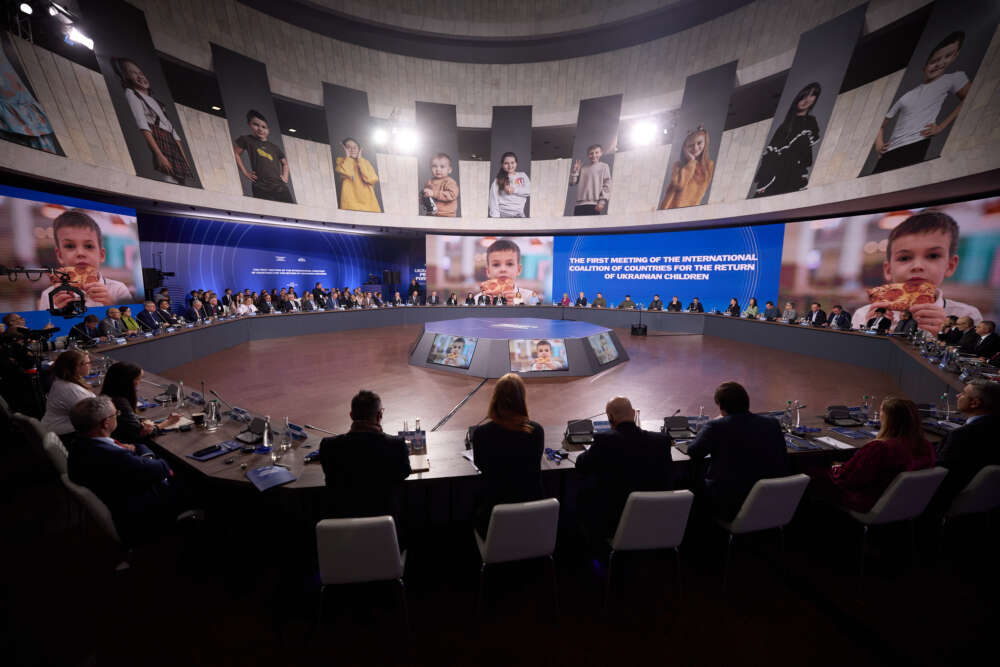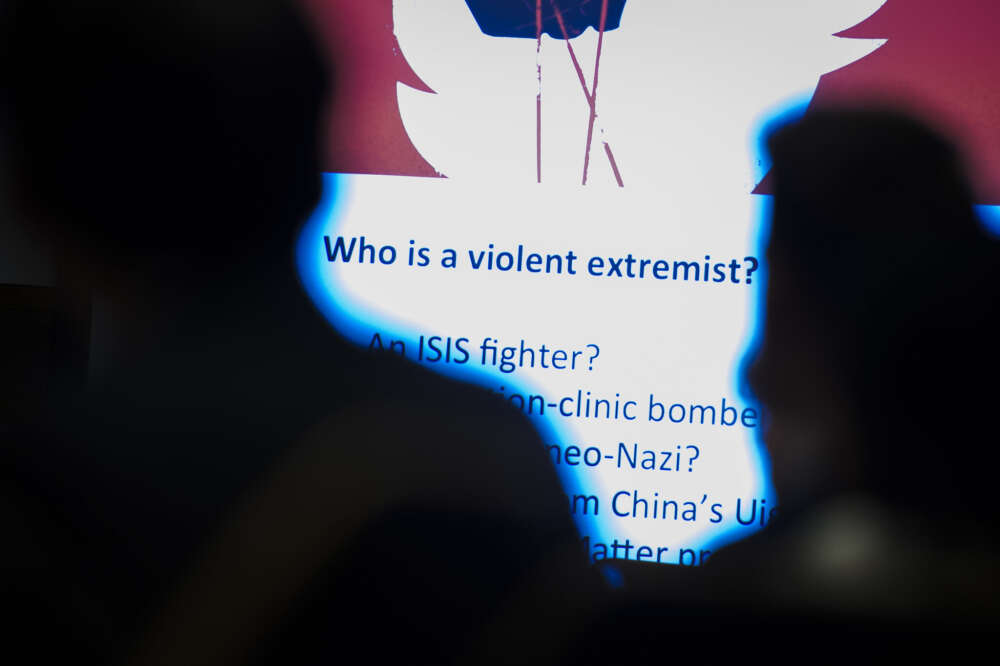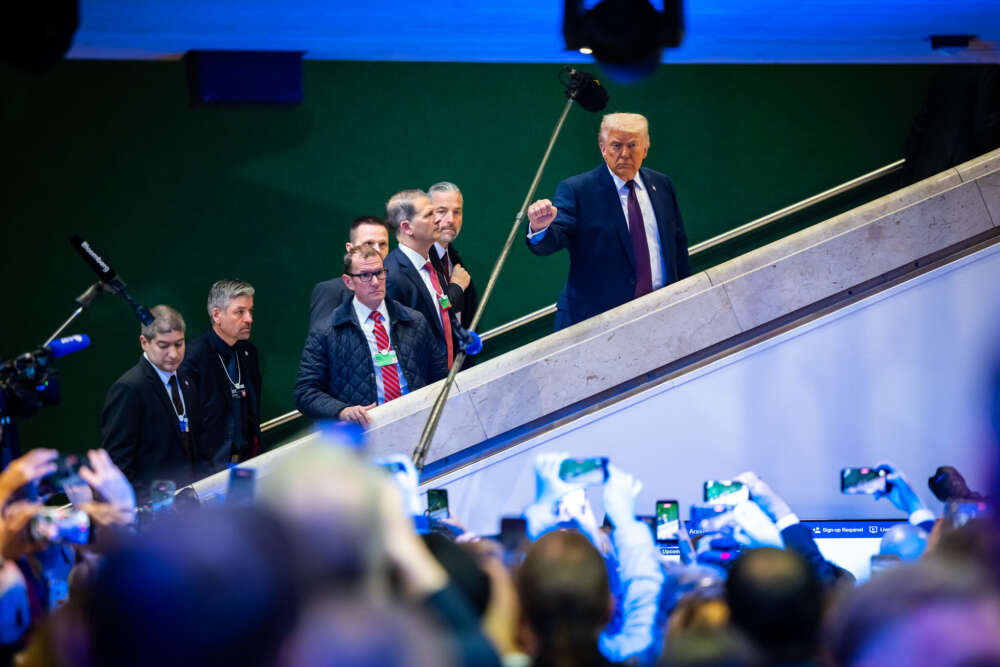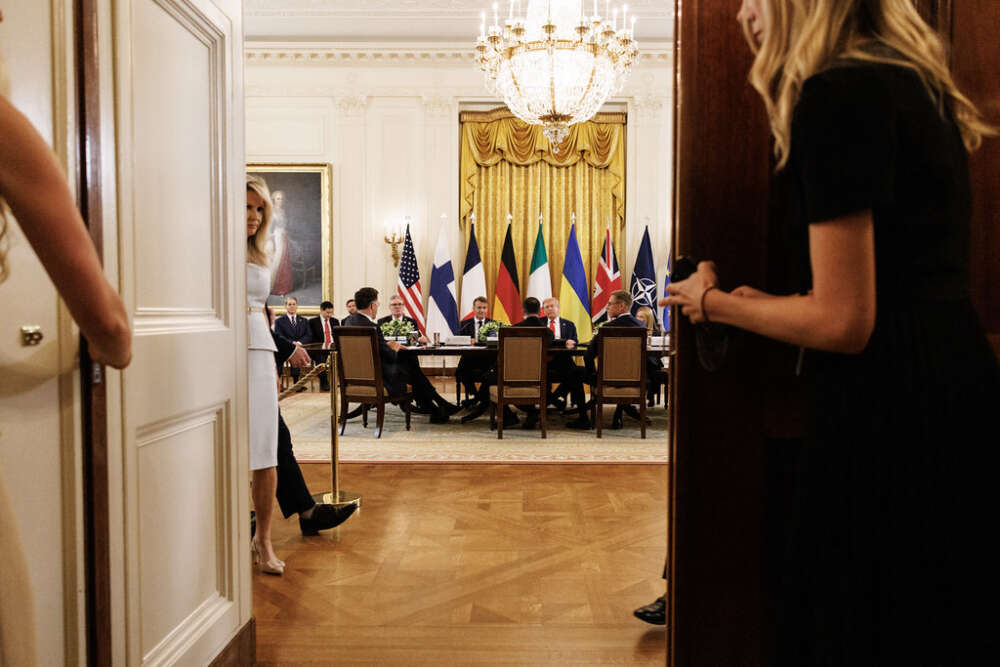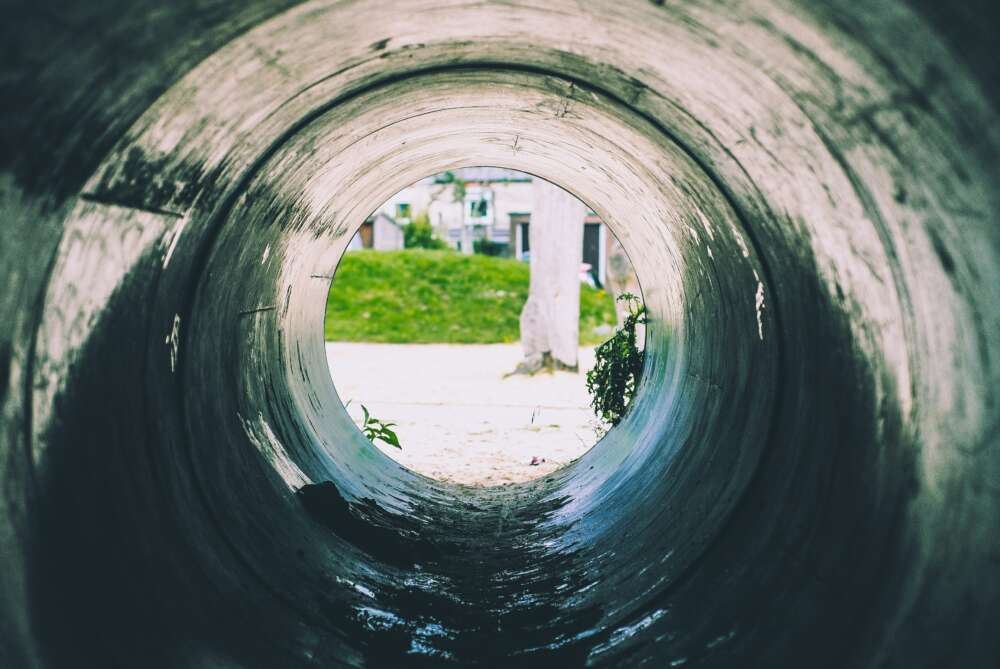Sofie Lilli Stoffel
Research Fellow
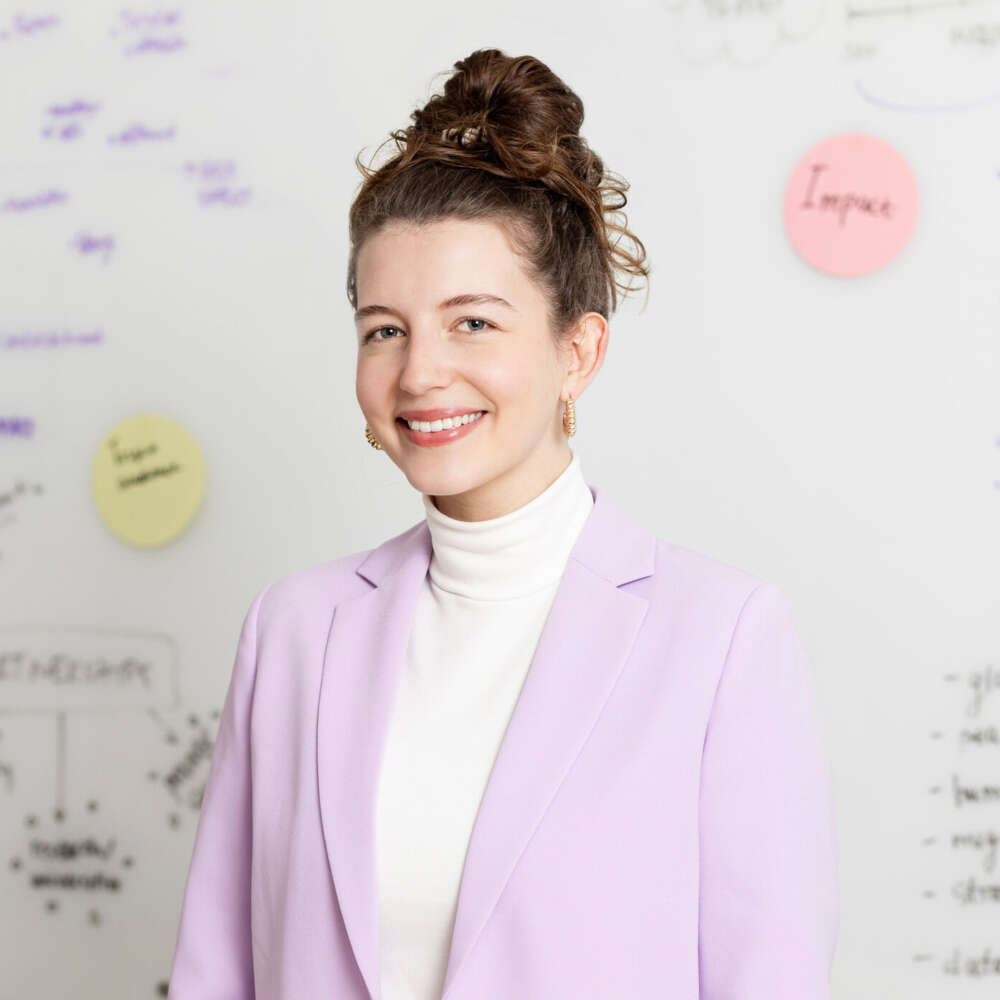
Sofie Lilli Stoffel is a research fellow with the Global Public Policy Institute (GPPi) in Berlin, where she contributes to the institute’s work on peace and security. Sofie was a McCloy fellow at the Harvard Kennedy School of Government from 2022 to 2024. Her main research focus is on long-term strategies for foreign and security policy and how war and violence can persist across generations. Two particular topics of interest: how psychology and neurology can inform a better understanding of international relations and the role children – a substantial demographic in conflict regions – play in security issues.
At GPPi, Sofie currently works on violent extremism prevention. She previously covered issues such as the protection of civilians in areas of Iraq previously under ISIS control and co-authored a study and user guide on the logic of protection approaches. She also participated in a research project analyzing the crisis prevention spending of the world’s largest donors (with a special lens on Germany’s investments) and worked as an editor of the PeaceLab Blog.
In addition to her research work, Sofie frequently serves as a panelist and moderator for events on foreign and security policy, ranging from events such as Germany’s G7 Citizen’s Dialogue to workshops with national and international stakeholders in Iraq. Her analysis has been featured or appeared in The National Interest, the Harvard Belfer Center, Der Tagesspiegel, Alternatives Humanitaires, Frankfurter Rundschau, and Internationale Politik, among others.
Sofie previously worked for the German Federal Ministry of Defence’s Directorate-General for Security and Defence Policy and as a consultant for Save the Children analyzing Germany’s foreign policy impact on children and security in Iraq. She is also the co-founder of the Women in Foreign Affairs Network, an organization aiming to make the foreign policy world more accessible and inclusive.
Sofie studied international security and public policy at Maastricht University (the Netherlands), the Australian National University and the Harvard Kennedy School of Government. Sofie’s studies were supported by the German Academic Exchange Service (DAAD) and the German National Academic Foundation.

